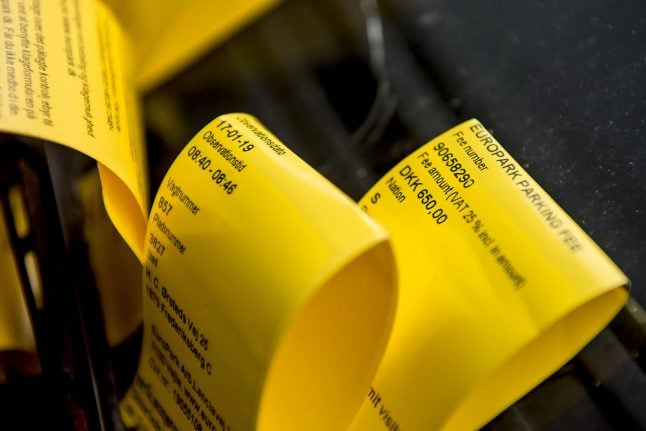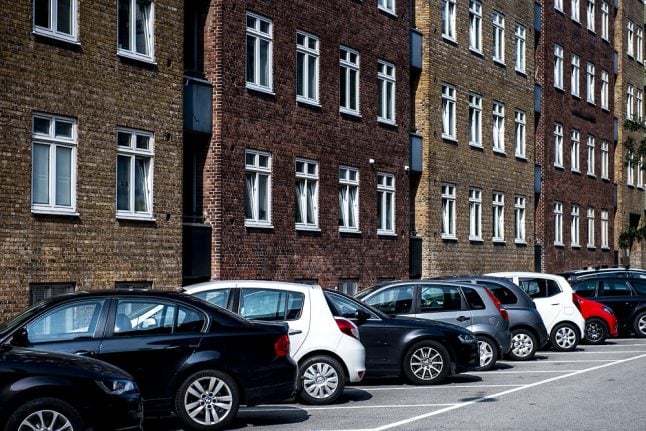A number of small municipalities in Denmark are set to abandon certain parking regulations, saying they do not have the resources to enforce them.
New rules introduced this year require municipalities to hand over 70 percent of money received from parking fines to the state, an increase from the previous 50 percent.
That means local authorities would lose money by enforcing parking rules, municipality officials have said.
“We would have to find the money [to pay for traffic attendants, ed.] somewhere, and it might be a carer or a nursery teacher that loses their job so we can finance it,” lord mayor Thomas Adelskov of Odsherred Municipality told DR Sjælland.
“So we have terminated our agreements and will now longer have parking inspectors in Odsherred Municipality,” Adelskov added.
Parkering Nord, a company which provides parking inspection services in 25 municipalities across the country, confirmed that the town councils in Struer and Thisted had also torn up their agreements for enforcement of parking regulations.
“There may well be big problems with people parking all over the place, but we can no longer control that, so the police will have to step in,” Adelskov said.
But law enforcement in the area has no plans to take over the task currently performed by parking wardens, said Peter Stryhn, head of the traffic department with Central and West Zealand Police.
“It is sad that municipalities are cutting back or abolishing parking control. This is not something the police traffic department has time to deal with,” Stryhn told DR Sjælland.
Police respond if a car is parked dangerously, but do not have the resources to perform preventative parking control, the traffic department leader added.
Adelskov said he hoped the problem could be solved by giving smaller municipalities – which have low incomes from parking fines – more leeway over financing.
“One option could be a differentiated model, so (stricter rules) are applied where municipalities seem to be making money from parking fines, instead of hitting the rest of us who are just trying to regulate traffic,” he said.
READ ALSO: How Copenhagen could transform one of its busiest roads into a park



 Please whitelist us to continue reading.
Please whitelist us to continue reading.
Member comments